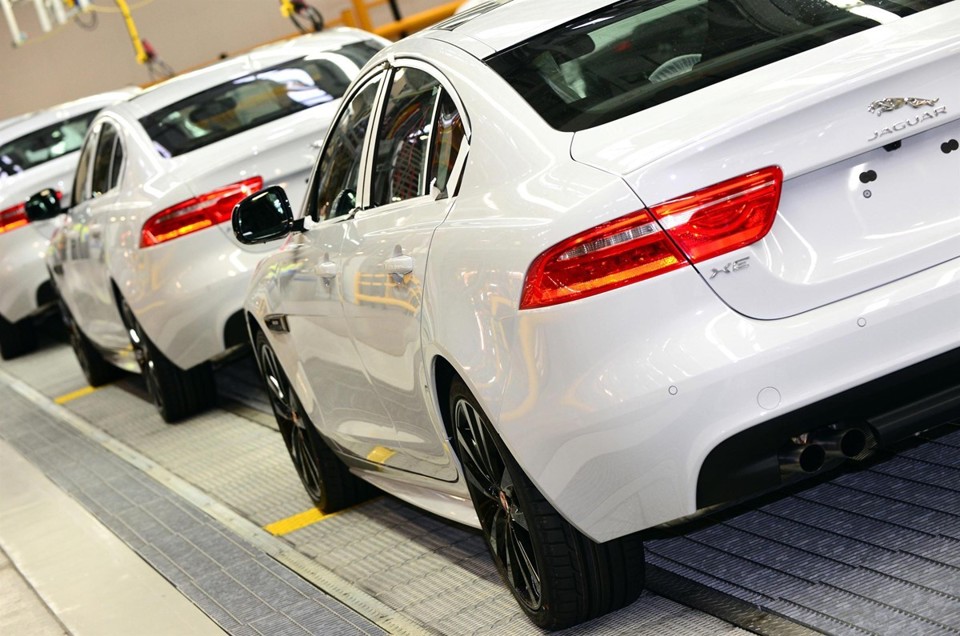UK car production saw a decline of 8.4% in August, with 41,271 vehicles rolling off the assembly lines, according to new figures released by the Society of Motor Manufacturers and Traders (SMMT).
The fall, equivalent to 3,781 fewer cars, aligns with the usual summer shutdowns and model changeovers as the industry prepares for new electric vehicle (EV) production.
 The ongoing decline reflects a broader trend seen throughout the year, with many factories winding down the production of older models and retooling for electric vehicles following the £24 billion investment in UK automotive manufacturing announced last year.
The ongoing decline reflects a broader trend seen throughout the year, with many factories winding down the production of older models and retooling for electric vehicles following the £24 billion investment in UK automotive manufacturing announced last year.
Production of electrified vehicles (including battery electric, plug-in hybrids, and hybrids) dropped by 25.9%, reducing their share of total output to 29.6%.
However, the SMMT said it expects this decline to be temporary, as new electric models begin to enter production in the coming months.
Domestic car production saw a sharp decrease of 19.8%, but this figure is magnified by the smaller output volume in August and the fact that most UK-built cars are destined for export.
In contrast, exports saw a more modest fall of 5.9%, primarily due to model transitions in cars built for the European Union. The EU remains the largest destination for UK car exports, accounting for 49.8% of all vehicles shipped overseas.
Other key export markets included the US (17.0%), China (6.5%), Japan (5.1%), and Australia (4.4%), with growth noted in both the American and Japanese markets.
Despite the August dip, year-to-date car production stands at 522,823 units, down by 8.5%. Notably, output for the UK market is up 12.3% over the same period, despite the recent decline in domestic production.
Mike Hawes, SMMT chief executive, remarked: "With the traditional summer shutdowns and factories prepping to switch to new models, August was always going to be a quieter month for output. The sector remains optimistic about a return to growth, however, with record levels of investment announced last year."
Hawes noted the upcoming Chancellor’s Autumn budget and the government's proposed Industrial Strategy as key opportunities to support the industry. He also highlighted Labour’s Automotive Sector Plan, which focuses on green energy, skills investment, and market cultivation, as a potential blueprint for driving future growth across the UK.

















Login to comment
Comments
No comments have been made yet.